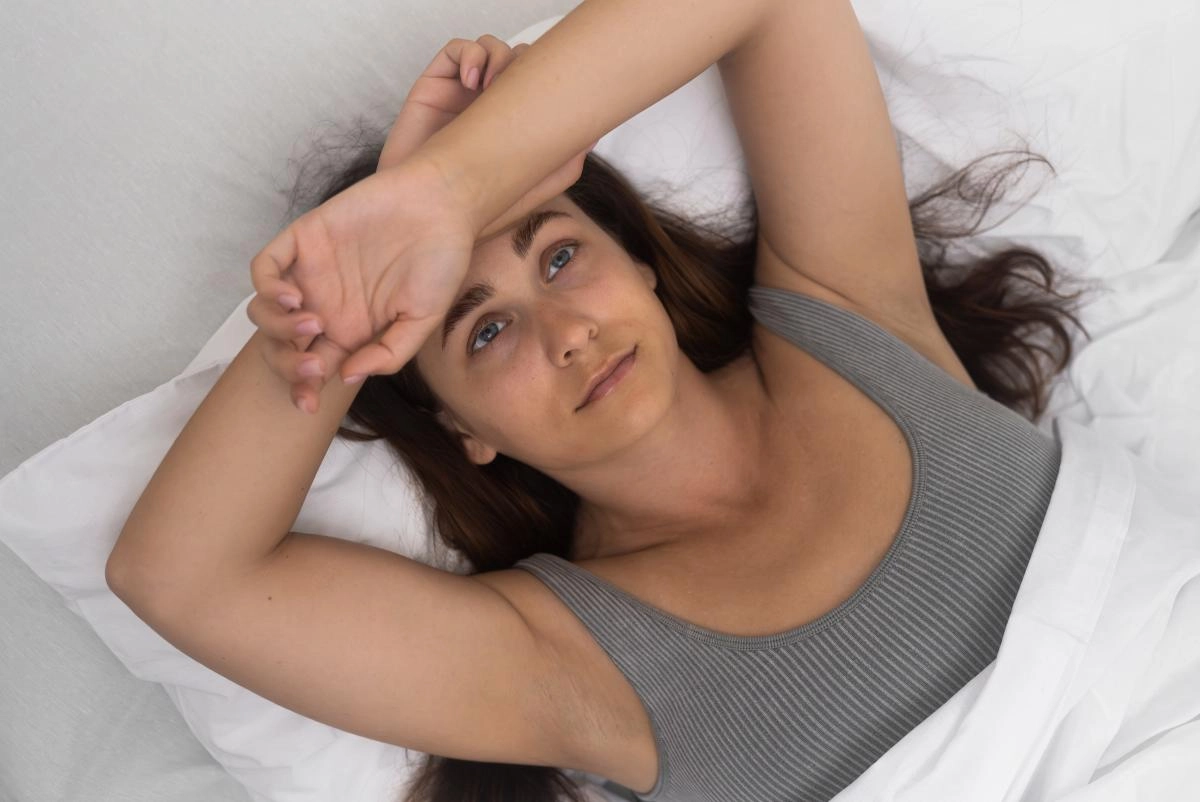Harm of unintentional evening sleep: it's affects on your night's rest

Photo source: 123rf.com
Even a short 10-15 minute nap can subsequently have a negative impact on the quality of your night's sleep. Experts warn that such unwanted drowsiness is especially dangerous for those who suffer from insomnia.
Experts note that even a short nap in the evening can seriously "interrupt" the night's rest. They cite examples when older people, having dinner, briefly dozed off, and then could not fall asleep at night for a long time. Or when a person, tired after work, in the evening for a while dozed off in front of the TV, and then, going to bed, had trouble falling asleep.
Doctors especially emphasize that for patients with a certain form of insomnia, such "accidental" falling asleep in the evening can pose a serious danger. Such people often develop a stable conditioned-reflex mechanism, in which the preparation for sleep and the association of bed with insomnia cause stress and anxiety that prevent sleep.
As the most effective method of combating such problems, experts suggest using the technique of sleep restriction. Its essence is that the time spent in bed should be limited. Before this time comes, you can not lie down, even when you want to sleep very much. This creates an artificial sleep deficit, and even if a person's fear of not falling asleep reflex is triggered, they will eventually fall asleep sooner or later.
To avoid "unintentional" falling asleep in the evening, experts recommend doing simple household chores. This can be ironing laundry, cleaning, sorting papers. It is important at this time to avoid activities that require making decisions, work on the computer or smartphone. If possible, a good alternative is a walk. The main condition is not to take a semi-horizontal position, so as not to be tempted to doze off.
In addition, experts note that if a person feels drowsy during the day, he should give himself a mental or physical load. And if sleepiness occurs in the evening, it is also necessary to maintain some activity, but at a lower level. This will avoid "unintentional" falling asleep and maintain a quality night's sleep.
Following these guidelines will help control evening sleepiness and prevent the negative impact of "accidental" afternoon and evening naps on nighttime rest, especially for people who suffer from insomnia. Experts emphasize the importance of this, as problems falling asleep at night can seriously impair a person's quality of life and health.